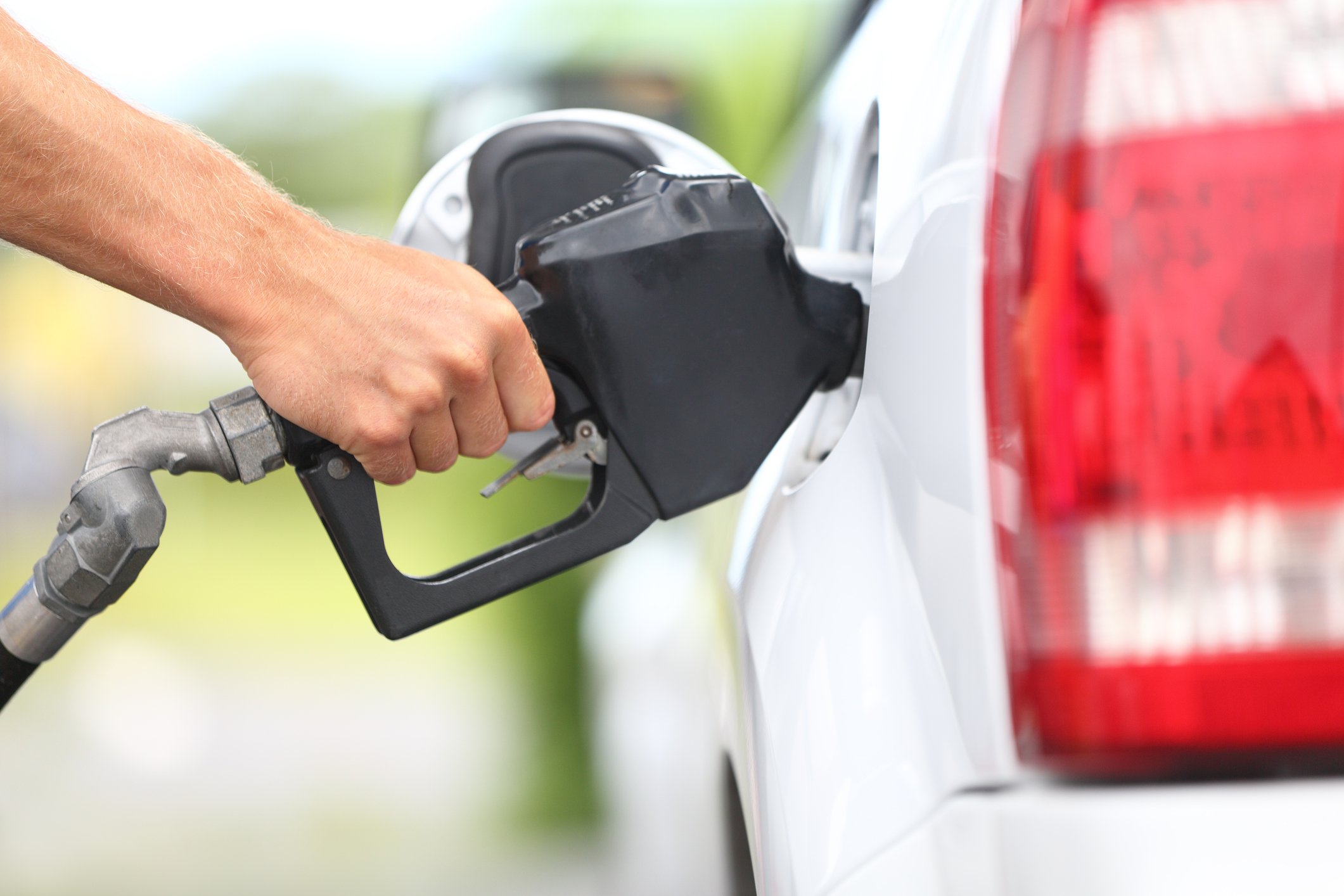TRENTON, N.J. — New Jersey Sen. John Bramnick has reintroduced legislation aimed at ending the state’s long-standing ban on self-serve gasoline, reviving a decades-long debate over whether Garden State drivers should be allowed to pump their own fuel.
Bramnick, a Republican, is also running for governor.
The bill, introduced this week, would give consumers the option to pump their own gas while requiring stations with more than four pumps to continue offering full-service from 8 a.m. to 8 p.m. It also mandates accessibility accommodations for motorists with disabilities, such as pump call buttons or posted contact numbers, and prohibits fuel prices from being set below cost.
Key Points
- New bill allows self-serve gas as a consumer choice while preserving full-service at larger stations.
- Gas stations may offer discounts for self-serve fuel, but cannot sell below cost.
- Accessibility rules require stations to assist drivers with disabilities at no extra charge.
New Jersey remains the only U.S. state that prohibits all drivers from pumping their own gasoline. The law, originally passed in 1949 under the Retail Gasoline Dispensing Safety Act, cited concerns over fire hazards, exposure to toxic fumes, and the complexity of pump operation. Over the years, those concerns have been challenged by advancements in pump technology and the growing popularity of self-service nationwide.
Efforts to lift the ban have surfaced periodically, including a 2022 version of Bramnick’s bill that failed to gain traction in the state legislature. Oregon, once the only other state with a similar restriction, changed its law in August 2023 to allow self-service throughout the state, leaving New Jersey as the lone holdout.
Under Bramnick’s proposal, self-serve fuel would remain optional. “This bill allows the act of pumping one’s own gas when a consumer voluntarily chooses to do so,” the legislation states. Full-service attendants must still be available during key daytime hours for larger stations, and assistance must be available at self-service stations for drivers with disabilities.
The bill also protects consumers from pricing penalties, ensuring that fuel sold via self-service is not offered at predatory rates. Discounts are permitted only if the fuel is sold above the station’s cost, including operational expenses.

